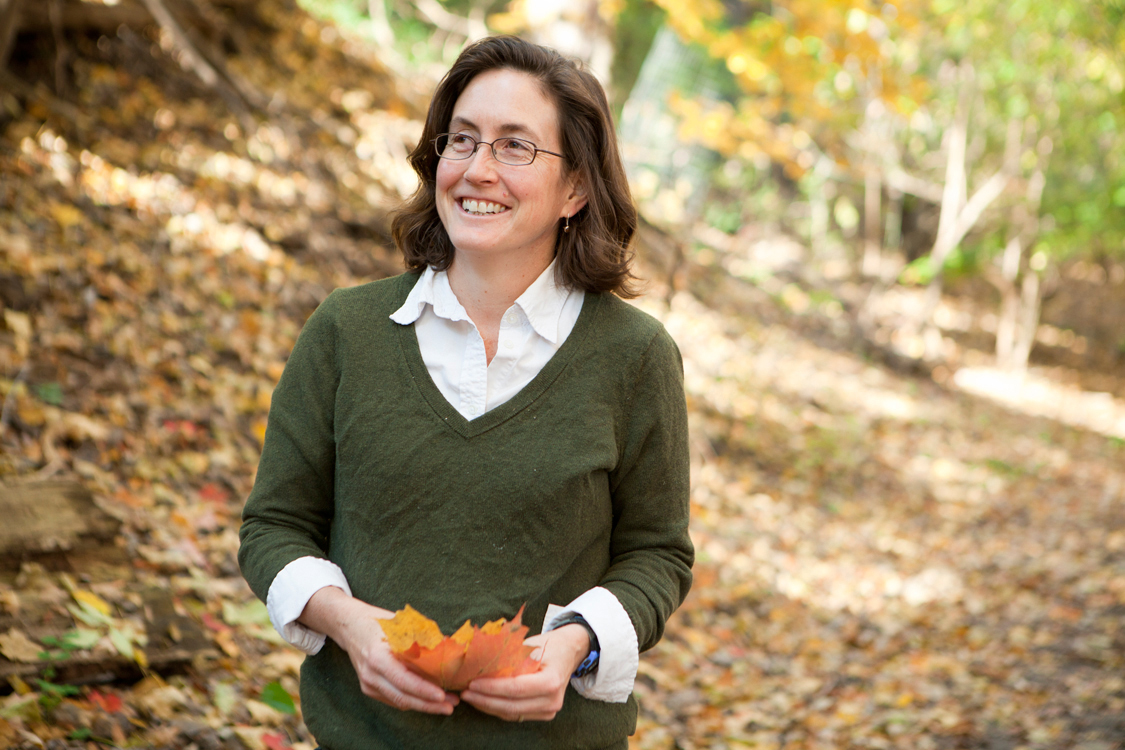Mahowald tapped to help frame UN report on global warming
By Blaine Friedlander

Natalie Mahowald, professor of earth and atmospheric sciences, has been selected by the United Nations’ Intergovernmental Panel on Climate Change (IPCC) as a lead author on the “Special Report on Global Warming of 1.5 degrees Celsius.”
The report is intended to spur efforts to keep Earth within 1.5 degrees C above pre-industrial era levels, with an eye toward stimulating the world’s response to climate change while balancing sustainable development and eradicating poverty. Mahowald will work on writing the report’s first chapter – framing the report’s other four parts.
The IPCC expects the final report in September 2018, in time for the Conference of the Parties (COP 24) meetings to be held later that fall.
Meeting in Brazil earlier this month, Mahowald explained the forthcoming report will be innovative in several ways. “It is the only special report that was explicitly requested by the governments. This is unusual,” she said, as there will be two other special reports: one on land, sustainable agriculture, deforestation and land degradation, and the other focusing on the oceans and the cryosphere.
In total, 86 experts from 39 countries will undertake the assessment. This working group – with a wide range of scientific, technical and socio-economic expertise – was selected from more than 560 nominations from different countries around the world.
“It will be highly integrated. The working team is cross-disciplinary, as it includes engineers, economists, physical scientists like myself, natural, social and even political scientists,” said Mahowald, the faculty director for the environment at Cornell’s Atkinson Center for a Sustainable Future.
“The goal of keeping temperatures from climate change below 1.5 degrees C at year 2100 is very ambitious, or potentially impossible – given the emissions that have already occurred and the existing fossil-fuel fired power plants and facilities,” said Mahowald. “Although the IPCC synthesis is just starting, my personal reading of the literature suggests that we are extremely unlikely to keep the temperature rise below 1.5 – or even 2 – degrees C by efforts to convert our energy systems to sustainable energy alone; much more extreme measures are required. Here in this report we will explore the costs and benefits, and the tradeoffs and synergies that are implicit in trying to reach such an ambitious goal.”
The other chapters will include descriptions of climate mitigation pathways that can hold temperature increases to 1.5 degrees; the impact of global warming on natural and human systems; methods of strengthening and implementing the global response to the threat of climate change; and interactions between climate change mitigation and adaptation efforts, sustainable development, poverty eradication and reducing inequalities.
Mahowald said the report will not prescribe specific solutions. Instead, it will present climate change projections and response options.
The IPCC was set up 30 years ago by the World Meteorological Organization and United Nations Environment Programme to provide policymakers with regular assessments of the scientific basis of climate change, its impacts and future risks, and options for adaptation and mitigation.
Media Contact
Get Cornell news delivered right to your inbox.
Subscribe